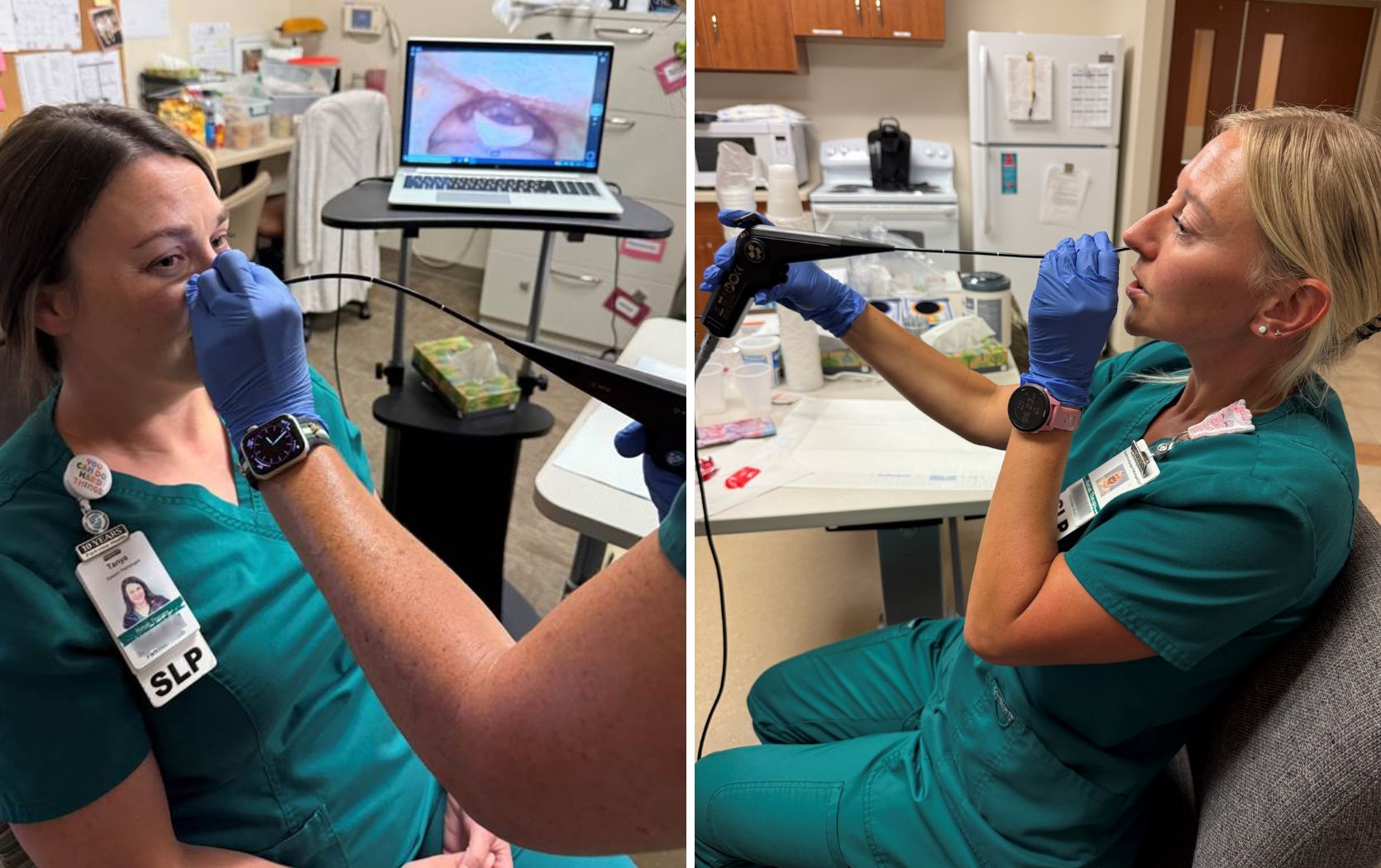Bringing your baby home marks one of the happiest experiences in life. After waiting months in anticipation of your little bundle of joy, you finally get to start the journey of parenthood. But many new mothers are surprised by the other emotional changes; mixed with happiness and joy, there can be overwhelming feelings of exhaustion, stress and anxiety. Aubrey Geiger, RNC-OB, BSN and Shannon Pullen RN, BSN, Family Birthing Centers – Parkview Whitley Hospital, help us identify some of the common ways to identify this condition.
As the first few days at home stretch into weeks, many new moms may start to notice a change in their mood. So, how do you know whether what you are experiencing is a “normal” part of new parenthood or perhaps something more serious? Here’s a guide to symptoms of postpartum depression, a very common condition that affects millions of women every year, and most importantly, how to know when it’s time to reach out for help.
What to look for
Every year, millions of women experience what is known as the postpartum blues. This period is marked by feelings of sadness and general moodiness for the first two weeks after delivery. Up to 80 percent of women will experience this common emotional response caused by the big swings in hormone levels that occur right after birth coupled with round-the-clock-care of a newborn.
However, when feelings of sadness, depression or anxiety stretch beyond the first two weeks postpartum, a woman may be experiencing Perinatal Mood or Anxiety Disorder (PMAD). While not as prevalent as the postpartum blues, PMAD is still very common, affecting about one out of five women every year.
Perinatal mental health disorders not only affect the women experiencing them, they affect their children, their families, and the entire community. Children of women with PMAD’s have an increased risk developmental delays, learning disabilities and future mental health issues of their own. The good news is, perinatal mental health disorders are extremely treatable and, with proper care, can be overcome.
So, how do you know if you or a loved one may be suffering from PMAD? Here are some signs to look for:
- Feeling sad, depressed, and/or crying a lot
- Intense anxiety, obsession over worries
- Loss of interest in usual activities
- Inability to sleep
- Change of appetite
- Strange or unusual thoughts
- Irritability
- Thoughts of harming yourself or your baby
What to do
If you suspect that you may be suffering from PMAD, it’s important to know that you do not have to continue to suffer. These disorders are real and very treatable, but the most important step is to reach out and seek help.
- Contact your OBGYN or other provider to ask for an in-person evaluation. Your doctor will be able to determine if you have one of these disorders and if you need medication.
- It has been shown that counseling is very helpful in improving these conditions as well. To find a therapist near you that specializes in perinatal mental health, ask your doctor’s office. You can also contact the northeastern Indiana chapter of Postpartum Support International at (260) 435-7069 to find the right resources for PMAD.
- If you ever have thoughts of hurting yourself or your baby, seek help immediately. Go to your nearest ER or call 911. People are waiting to help you.
Parkview’s support for new moms
At Parkview, we value the physical and mental well-being of our moms and families. In support of this mission, our Family Birthing Centers services include professional inpatient screening, education, and referral for perinatal mood and anxiety disorders. The services also include staff and provider education and follow-up to all of our patients after they leave the hospital.
It is important to never feel ashamed or embarrassed to ask for help. Being the best mom you can be starts with being the best you you can be. Moms matter!
References
Postpartum Support International. www.postpartum.net
Phelan et al. (2007). Injury Prevention 13, 403-408.
McLearn KIT, et al. Pediatrics 188(1), 174.




